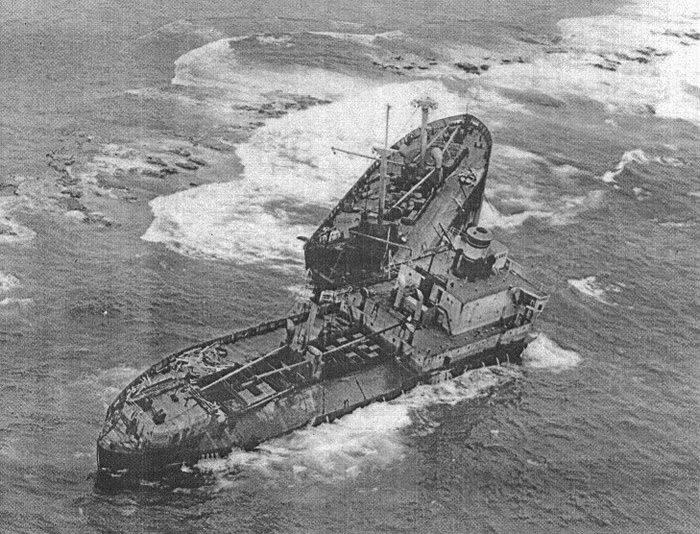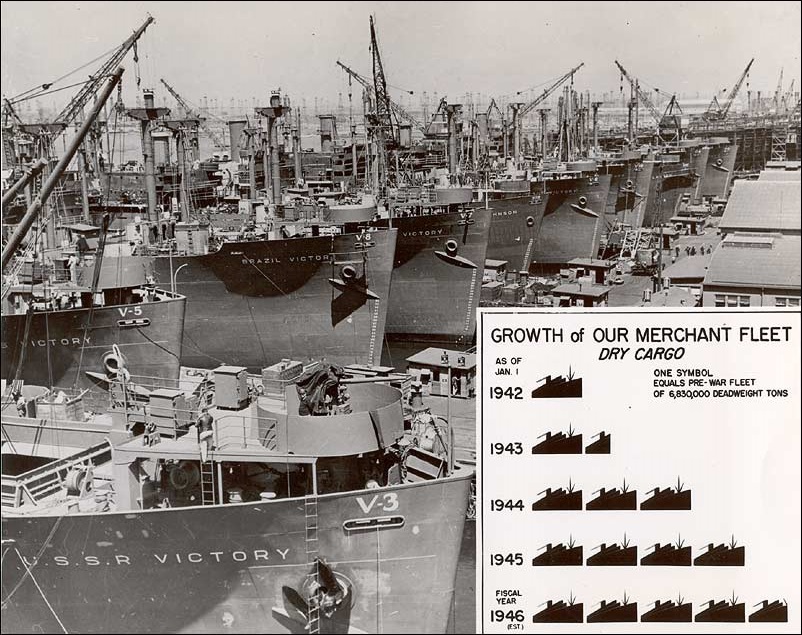
This new design of ships had welding replace riveting and was adopted as the Merchant Marine Act design (Jaffee, 2004). The US version was referred to as EC2-S-C1 (where EC stands for Emergency Cargo, 2 for a ship measuring about 140 m long, S for Steam engine, and ‘C1’ for the C1 design). It was this design that was modified by the United States Maritime Commission with the aim of conforming to the American construction practices.įurthermore, the commission wanted to make ships that were quick and cheaper to construct (Klaus and Karl, 1992). This ship was launched in 1941 (16th August). The first Ocean Class ship was referred to as Ocean Vanguard. The ships were referred to as Ocean Class ships and they had 2,500 horse power. In 1940, American shipyards built simple and fairly large ships for the British government which had requested for the ships in order to boost the merchant fleet and to replace those ships that were lost during the war. However, limited industrial capacity (turbine construction) was one setback in the construction and building of these ships. These ships were powered by steam turbines and they comprised of three types of merchant vessels and a tanker. By 1940, about 200 ships were being constructed each year. This Act was passed in order to subsidize the construction of commercial vessels which were supposed to be used as naval auxiliaries by the United States Navy during the World War II. The liberty ships were built as a result of the passing of the American Merchant Marine Act in 1936.

History of Liberty Ships Liberty ships were produced in mass in order to assist the allies’ armed forces to fight the Axis forces during the World War II (Foner and John, 1991). These two ships survive as “museum ships”. Examples of liberty ship that survived the war are the SS Jeremiah O’ Brien and SS John Brown. For instance, one liberty ship was named after the founder of 4-H movement. Apart from naming these ships in honor of prominent Americans, groups that were able to raise about $2 million in war bonds were given an opportunity to suggest a name for the ships. The names given to the ships were adopted in honor of prominent Americans such as SS Patrick Henry and those who signed the Declaration of Independence. Due to its role during the war, a liberty ship was designed to carry about 440 tanks, 230 million rounds of ammunition, and 2,840 jeeps. One of the liberty ships referred to as SS Patrick Henry that was launched on Septem, while another one referred to as Robert E. Draught: 27 feet, 9 1/4 inches, Crew: 41 and Speed: 11 to 11.5 knots. Each Liberty ship had the following characteristics Length: 441 feet, 6 inches, Beam: 56 feet 10 3/4 inches, Dead Weight: Tonnage 7,000 tons: Cargo carried: 9,140 tons. In addition, the liberty ships had several types of anti-aircraft guns. The gun was used to fight against the surfaced submarines. Since the liberty ships were constructed for use during the World War II, they had a stein-mounted 4-in (102mm) deck gun.

Said to be the longest chandelier in Europe, go to the back stairs and admire it from the 4th Floor down, or Lower Ground up to appreciate it fully.We Will Write a Custom Essay about The History and Construction of Liberty Ships Essay.It is more than 4 feet high and weighs over 112 pounds. Take a step back into another world gazing at our glorious gilded copper weathervane of a golden ship The Mayflower, responsible for transporting pilgrims to the New World in 1620.

George & The Dragon erected in 1925, "No minute gone comes ever back again, take heed and see ye nothing do in vain"
#Liberty ship construction series


 0 kommentar(er)
0 kommentar(er)
